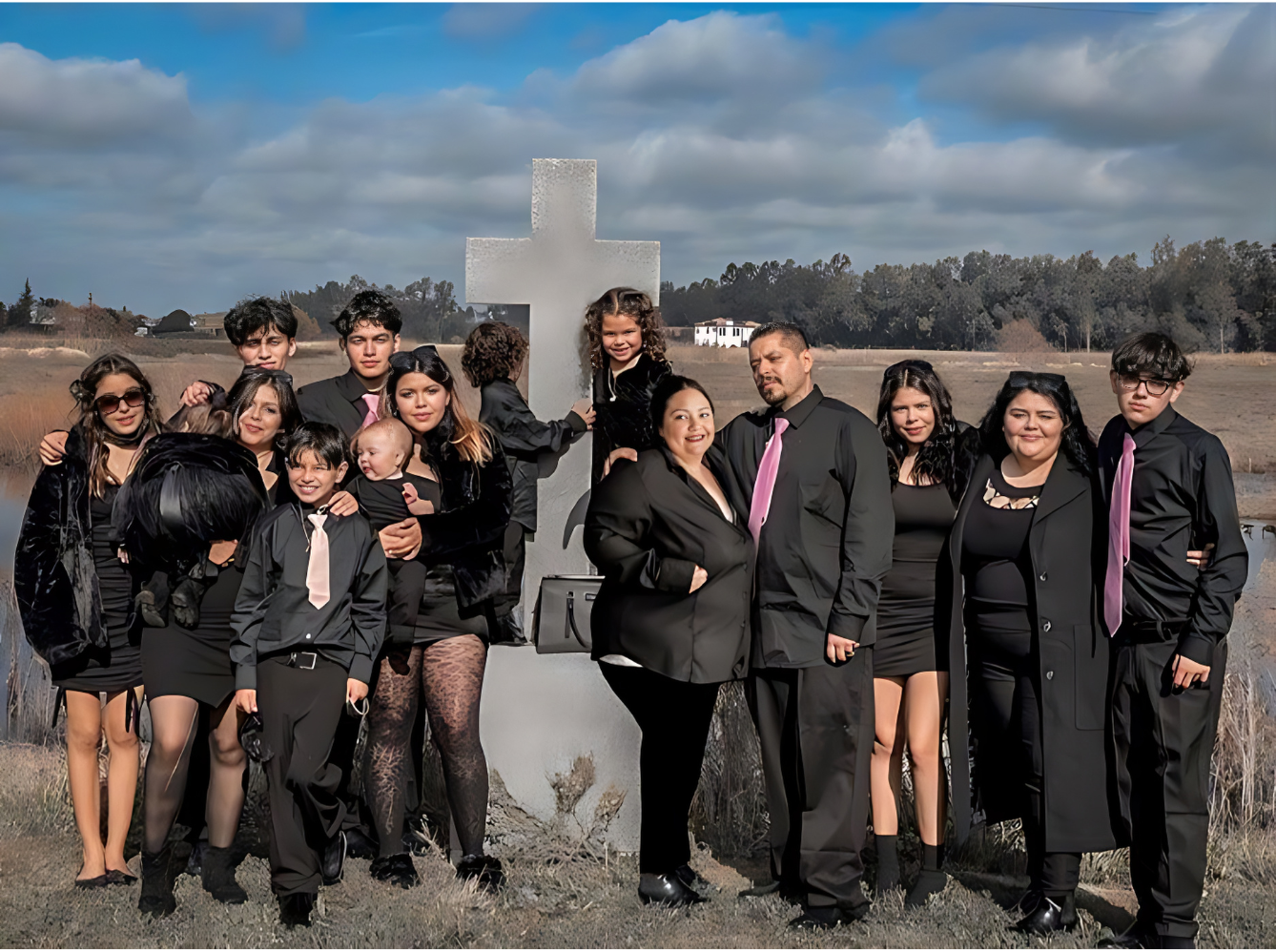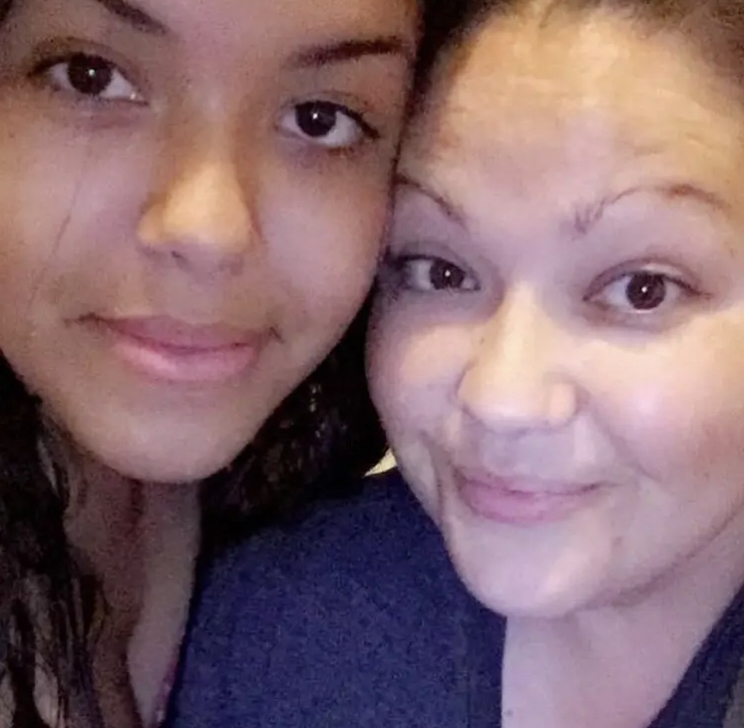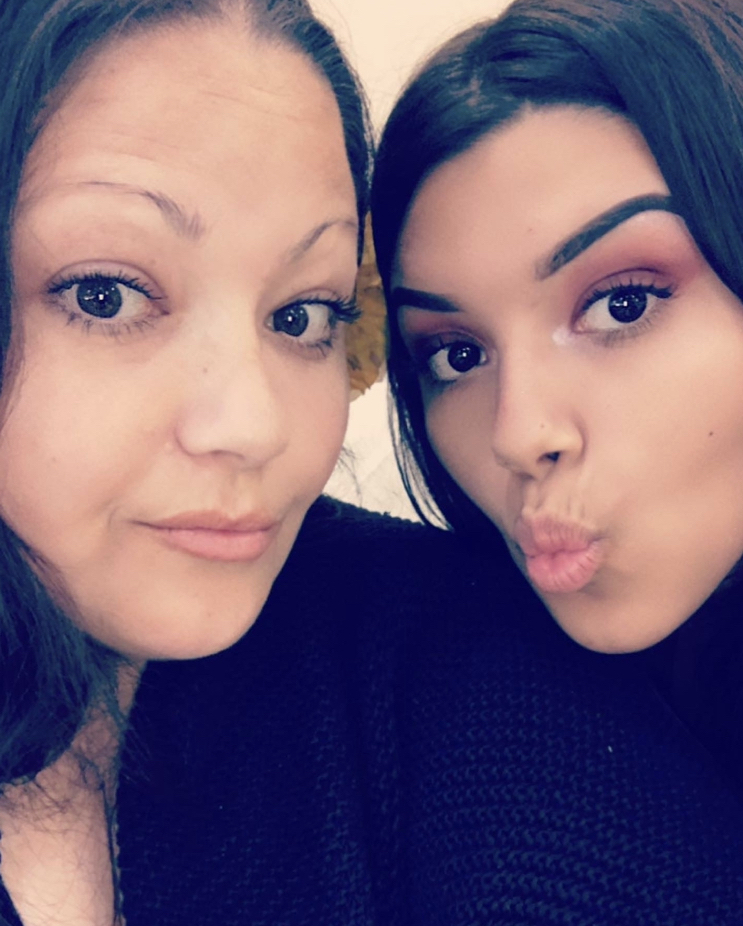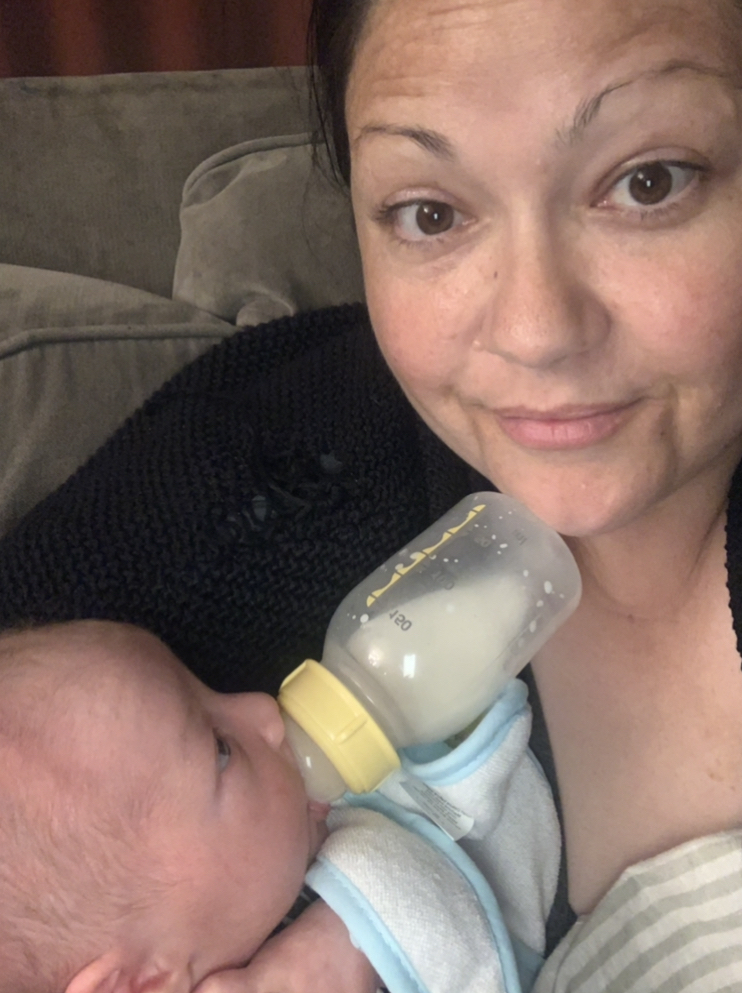Category: Housing, Justice, Listening Sessions, Personal Stories, Poverty News & Policy Updates, The Safety Net, Wealth Building, Work

April 16th, 2024
Alysia Olivo, 21, is a member of the HOPE Accounts Youth Panel of Experts and lives in South Sacramento with her fiancé and 2-year-old son.

My mom died of COVID at the age of 40 in 2021. She had always been very healthy, and a bit of a germaphobe, so when the pandemic hit she masked religiously. She had no pre-existing conditions, nothing people could point to in order to make sense of things. It was just sudden, unexpected.
My family was rocked and is still recovering. At the time of her death, one unexpected thing I took comfort from was the way the funeral home took care of my mother’s body—the room she was kept in, the way they prepared her for burial—and the way they were so kind to me and my family.
My mom probably would have thought it was creepy that I decided I wanted to work in the funeral home too, and bring the same sense of comfort to grieving families that I had received. But giving in that way helps me to heal, as does my work to help ensure that my six younger siblings and many others benefit from the new HOPE savings accounts that California has created for foster youth and children who lost a parent to COVID. These accounts are seeded by the state and invested on behalf of the recipients. Approximately 58,500 children will receive access to $4,500 at age 18, and the money will remain available until age 26. (You have to have been under age 18 as of September 2022. At 21, I do not qualify.)

These monies will be key for my siblings and many others as they enter young adulthood and try to get ahead—maybe they need a car to get to work, or some help paying for school, or some assistance covering the skyrocketing rents we have to pay in our state. These resources will be crucial for children that have had the odds stacked against them in ways others do not, and so they will help level the playing field and make the American Dream a little more accessible.
Hardship is not new for my family even though my Dad has always worked full-time. Growing up, my parents tried to hide the struggle from us. When the electricity was cut off, Mom would say they shut off the power so we could play a special game. We’d bring a mattress in the living room and flashlights and make it like a big sleepover. Or towards the end of the month, we’d hunt for change under the cushions and everywhere else in the house to see if together we’d find enough hidden money for a “pizza night.” Or I’d go to the WinCo with my Dad holding a bag full of change, and me thinking he did it because it was fun for me to put coins into the slots of the coin-counting machine.

As an adult, with my own son, Mom would help me with childcare even as she took care of my younger siblings. She was my rock as my partner and I struggled to make ends meet in our “affordable” $1249 per month 2-bedroom apartment in South Sacramento. It seemed like she and I were always on the phone—not a day goes by that I don’t miss her, and when my siblings now tell me how much I remind them of her it’s the greatest compliment they could give me.
As I work to help other families during their toughest moments, and to ensure that these HOPE investments reach all eligible children, I know I am honoring my mother’s legacy of caring for others unconditionally.